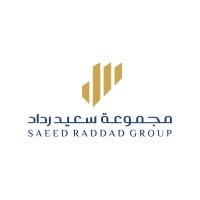
Alphabet Inc.
Alphabet is a collection of companies, including Google, Verily Life Sciences, GV, Calico, and X. In October 2015, Alphabet became the parent holding company of Google, with the companies far afield of our main internet products contained in Alphabet.






